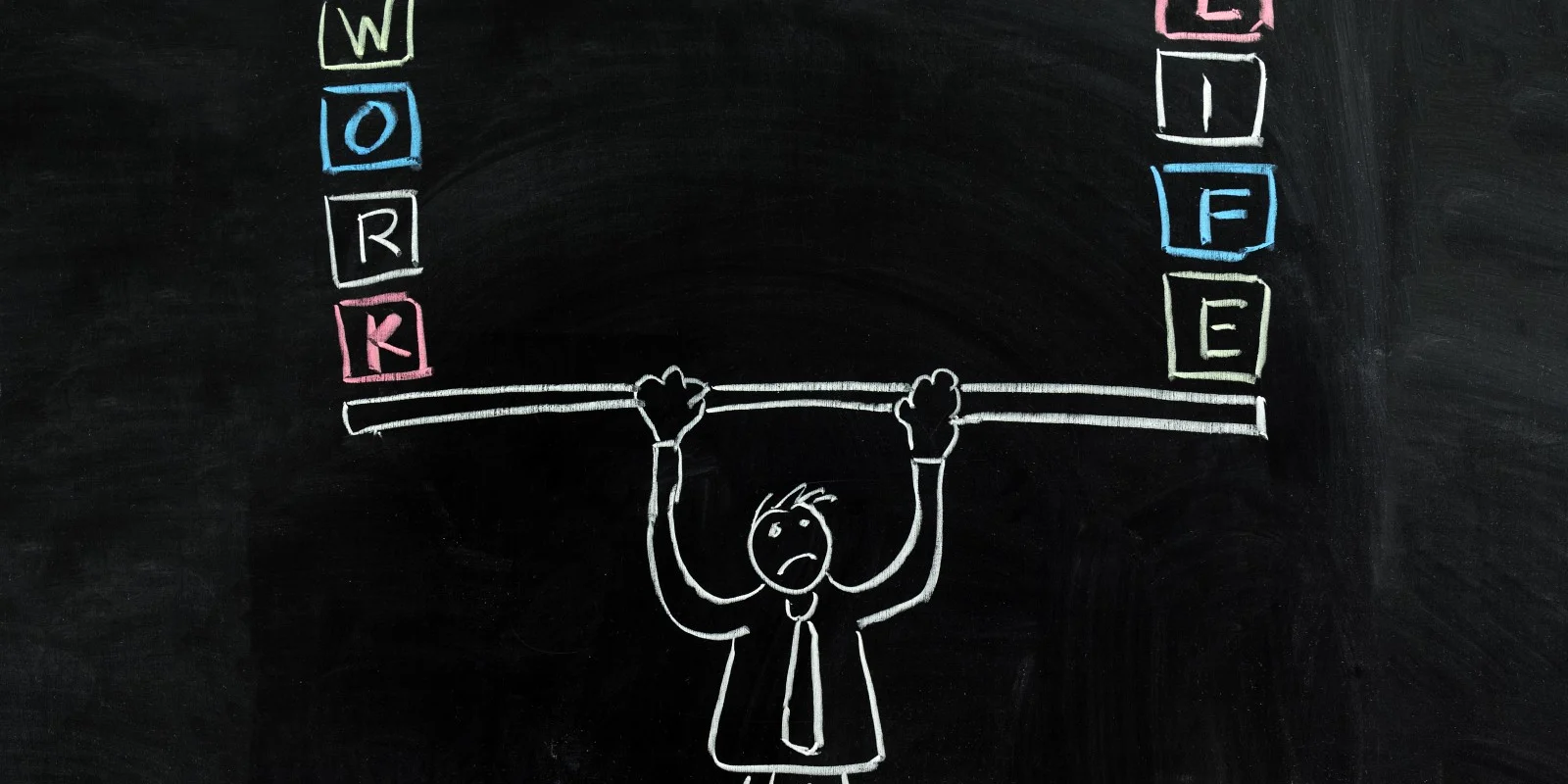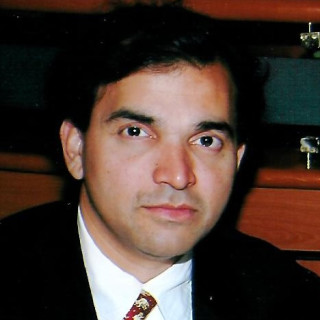
When I introduce myself, I generally say, “I am a physician and I make movies.”
“How do you find the time?” is the unfailing and immediate response, often with a bit of an accusatory tone thrown in for charm.
The question is universal: it transcends all races, professions, genders, even age groups. My friend’s daughter in preschool as well as his great-grandfather born around the time of the Gettysburg address would ask me the same question: “How do you find the time?”
When I started out as a physician, the importance of being busy felt sexy. The feeling wore off in a day or so. The word ‘important’ was traded for a similar-sounding, unflattering word just missing the letter R.
Now I find it a trifle annoying that people perceive me as having no time. What’s even more annoying is that they’re right: I don’t have time.
How do I balance my work, life, and movies then? I don’t.
Where is it written that these things need to be balanced? What derision of mind takes us to that conclusion? Who is going to advise me to be balanced? Friends? Colleagues? Patients? Hospitals?
These entities are many things, but the one word that doesn’t come to mind when describing them is ‘balanced.’
I take it as I go. So what are some of the movies I have made? Well, the fact that I have to tell you this probably means you haven’t heard of either me or Google, and I can guess which of those is more popular. My first movie was Dr. Ravi & Mr. Hyde, a drama about midlife crisis. The second one, I Am a Schizophrenic and so Am I, deals with an immigrant doctor’s struggle with acceptance and illness. The third one was called If It Ain’t Broke, Break It but the marketing geniuses thought “what’s in a title?” and changed it to Help Me Help You. My latest venture, Remember Amnesia, tells the story of an American-born doctor of Indian origin who loses his memory during a train accident and, as his memory comes back, can’t remember whether he has murdered his wife.” This one is entirely non-autobiographical (as far I can remember at least).
These are serious projects. My third movie featured Steve Guttenberg, Franco Harris, and Richard Kind, while Remembering Amnesia features Tovah Feldshuh, Curtiss Cook, Dileep Rao, Lisa Ann Walter, and James Harrison.
How do I manage to get stars? Well, being a doctor helps. That’s about all being a doctor helps with. People return my call when I call as Dr. Godse, and I have about 30 seconds to make a pitch before they realize that I am calling as an indie filmmaker and hang up. As a physician, we call back whoever calls us — nay, we are required to call them. In the movie industry, if someone calls you back, they are probably not people you should be talking to in the first place.
Why do I only make movies about medical subjects? You have to make movies about what you know. And as we’ve established, we have no time to know anything else. I was given that nugget of wisdom in film school. (Yes, I attended one while being a full-time physician, which is a story in itself. Suffice to say, I saw the only C grade of my life after reviewing a movie I didn’t see.)
This hobby, which since it is so serious to me I can’t call it a hobby, has been incredibly rewarding. Even when it is difficult, it is fun to tackle something stimulating. Dealing with actors’ unions is difficult. They talk to me as if I am a complete imbecile. Imbecile I get (I make movies), but “complete” I take strong objection to. If you feel that we doctors are egotistical, hard-nosed, self-important fusspots, go talk to an actor or two.
Despite the difficulties and heartaches, filmmaking is very easy because, at the end of the day, nothing is as hard or as serious as practicing medicine.
Our days are getting longer, work is harder, documentation is never-ending, and stress is high. Having a hobby helps. With most things actually. Humor helps, too, and with almost everything. If you can combine them, voila. It helps us, it helps the patients and it helps us help the patients. My movies, despite the underlying serious thread, are funny. I don’t want to call them funny so that you are obligated to laugh, but seriously, they are funny!
And if people still don’t get my jokes, I just call my movies avant-garde or some other French word that no one knows the meaning of.
I am thinking about doing a YouTube series about humor in our offices. A patient who missed his appointment, when asked the reason, answered glibly, “Doc, I was sick.” This is too precious to leave unexploited.
We have so many untold stories that I hope that other clinicians take to making movies too, and I’m not just saying this because misery likes company.
Don’t get me wrong: making movies can be miserable, but the rewards of the process are like those of money. It can’t buy you happiness, but it gives you a kind of misery that you can enjoy.
Ravi Godse, MD, is an internist in Pittsburgh, Pennsylvania. He recently released the trailer for his latest film, Remember Amnesia.







